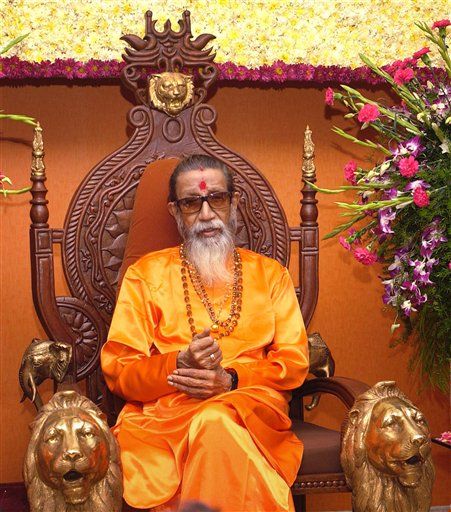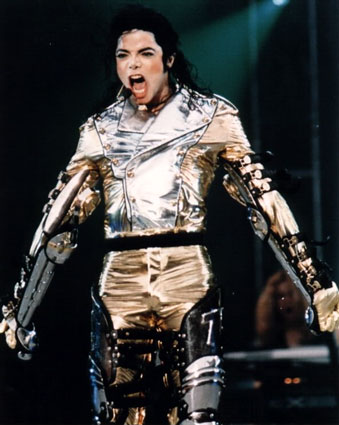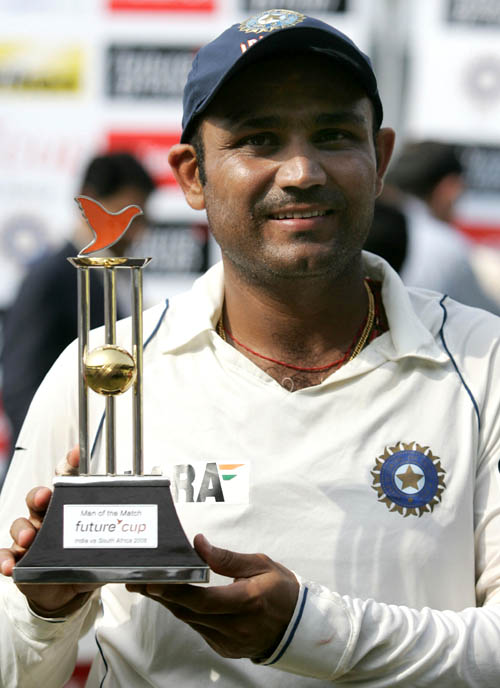Central Bureau of Investigation
From Wikipedia, the free encyclopedia
| | This article may require cleanup to meet Wikipedia's quality standards. Please improve this article if you can. (July 2010) |
| Central Bureau of Investigation केंद्रीय अन्वेषण ब्यूरो Kendriya Anveshan Byuro | |||
| Seal of the Central Bureau of Investigation | |||
| Motto | Industry, Impartiality and Integrity | ||
| Agency overview | |||
|---|---|---|---|
| Formed | 1 April 1963 | ||
| Preceding agency | Special Police Establishment (SPE) (1941) | ||
| Legal personality | Governmental: Government agency | ||
| Jurisdictional structure | |||
| Federal agency | India | ||
| Governing body | Government of India | ||
| General nature |
| ||
| Operational structure | |||
| Headquarters | New Delhi, India | ||
| Agency executive | Ashwani Kumar, Director | ||
| Parent agency | Department of Personnel and Training | ||
| Child agency | Interpol National Central Bureau India branch | ||
| Regions | |||
| Facilities | |||
| Branchs | 52 | ||
| |||
| Website | |||
| www.cbi.gov.in | |||
The CBI is controlled by the Department of Personnel and Training in the Ministry of Personnel, Public Grievances and Pension of the Union Government usually headed by a Union Minister who reports directly to the Prime Minister. While analogous in structure to the FBI, the CBI's powers and function are severely limited to specific crimes based on Acts (mainly the Delhi Special Police Establishment Act, 1946). The CBI is the official Interpol unit for India.The current director of CBI is Ashwani Kumar (since August 2, 2008).
[edit] Introduction
The Central Bureau of Investigation traces its origin to the Special Police Establishment (SPE) (Hindi: विशेष पुलिस संस्थापन Vishesh Police Sansthapan), which was set up in 1941 by the Government of India. The functions of the SPE then were to investigate cases of bribery and corruption in transactions with the War & Supply Deptt. Of India during World War II. Superintendent of the SPE was vested with the War Department. Even after the end of the War, the need for a Central Government agency to investigate cases of bribery and corruption by Central Government employees was felt. The Delhi Special Police Establishment Act was therefore brought into force in 1946. This Act transferred the superintendence of the SPE to the Home Department and its functions were enlarged to cover all departments of the Govt. of India. The jurisdiction of the SPE extended to all the Union Territories and could be extended also to the States with the consent of the State Government concerned.[edit] Founder Director
The founder director of the CBI was D.P. Kohli who held office from 1 April 1963 to 31 May 1968. Before this, he was Inspector General of Police of the Special Police Establishment from 1955 to 1963. Before that he held responsible positions in police in Madhya Bharat, Uttar Pradesh and Govt. of India. He was Police Chief in Madhya Bharat before joining the SPE. Kohli was awarded 'Padma Bhushan' in 1967 for his distinguished services.Kohi was a visionary who saw in the Special Police Establishment the potential of growing into the national investigative agency. He nurtured the organisation during his long stint as Inspector General and as Director and laid the solid foundation on which the organisation grew over the decades to become what it is today.
[edit] CBI takes shape
As the CBI, over the years, established a reputation of being India's premier investigative agency with adequate resources to deal with complicated cases, demands were made on it to take up investigation of more cases of conventional crime such as murder, kidnapping, terrorism, etc. Apart from this, the Supreme court and even the various High Courts of the country also started entrusting such cases for investigation to the CBI on petitions filed by aggrieved parties. Taking into account the fact that several cases falling under this category were being taken up for investigation by the CBI, it was found expedient to entrust such cases to the Branches having local jurisdiction.It was therefore decided in 1987 to constitute two investigation divisions in the CBI, namely, Anti-Corruption Division and Special Crimes Division, the latter dealing with cases of conventional crime, besides economic offences. The CBI is a central subject under the Constitution of India, meaning that it reports to the Indian Government and not to the individual states.
[edit] Role and functions
The CBI is the premier investigating police agency in India. It is an elite force playing a major role in preservation of values in public life and in ensuring the health of the national economy. It is also the nodal police agency in India which coordinates investigation on behalf of Interpol Member countries. The services of its investigating officers are sought for all major investigations in the country. CBI as an organisation is held in high esteem by the Supreme Court, the High Courts, the Parliament and the public. The CBI has to investigate major crimes in the country having interstate and international ramifications. It is also involved in collection of criminal intelligence pertaining to three of its main areas of operation, viz., Anti-Corruption, Economic Crimes and Special Crimes.CBI investigations have a major impact on the political and economic life of the nation. The following broad categories of criminal cases are handled by the CBI:
- Anti Corruption Division: Cases of corruption and fraud committed by public servants of all Central Govt. Departments, Central Public Sector Undertakings and Central Financial Institutions.
- Economic Crimes Division: Deals with cases including bank frauds, financial frauds, Import Export & Foreign Exchange violations, large-scale smuggling of narcotics, antiques, cultural property and smuggling of other contraband items etc.
- Special Crimes Division: Deals with cases such as cases of terrorism, bomb blasts, sensational homicides, kidnapping for ransom and crimes committed by the mafia/the underworld.
[edit] Structure of CBI
Further information: CBI Organizational Chart and List of police ranks in India
The CBI is headed by a Director, an IPS Officer of the rank of Director General of Police or Commissioner of Police (State). Director is selected based on the procedure laid down by CVC Act 2003 and has a tenure of 2 years. The other important ranks in the CBI are Special Director, Additional Director, Joint Director, Deputy Inspector General of Police, Senior Superintendent of Police, Superintendent of Police, Additional Superintendent of Police, Deputy Superintendent of Police, Inspector, Sub-Inspector, Assistant Sub-Inspector, Head Constable, Senior Constable and Constable.[1]According to annual reports Staff of CBI is usually divided between Ministerial staff, Ex-cadre posts which are usually of technical nature, Executive Staff and EDP Staff. Hindi Bhasha staff belongs to the Department of official languages.
Ministerial Staff includes LDC, UDC, Crime Assistants etc. Executive Staff includes Constables, ASI, Sub-Inspectors, Inspectors etc. EDP Staff includes Data Entry Operators, Data Processing Assistants, Assistant Programmers, Programmers and SSA.
[edit] Jurisdiction powers, privileges and liabilities
The legal powers of investigation of CBI are derived from the DSPE Act 1946. This Act confers concurrent and coextensive powers, duties, privileges and liabilities on the members of Delhi Special Police Establishment (CBI) with Police Officers of the Union Territories. The Central Government may extend to any area, besides Union Territories, the powers and jurisdiction of members of the CBI for investigation subject to the consent of the Government of the concerned State. While exercising such powers, members of the CBI of or above the rank of Sub Inspector shall be deemed to be officers incharge of Police Stations of respective jurisdictions. The CBI can investigate only such of the offences as are notified by the Central Government under the DSPE Act.[edit] Jurisdiction of CBI vis-a-vis State Police
Law and Order is a State subject and the basic jurisdiction to investigate crime lies with State Police. Besides, due to limited resources, CBI would not be able to investigate crimes of all kind. CBI may investigate:- Cases which are essentially against Central Govt. employees or concerning affairs of the Central Govt. and the employees of the Central Public Sector Undertakings and Public Sector Banks.
- Cases in which the financial interests of the Central Government are involved.
- Cases relating to the breaches of Central Laws with the enforcement of which the Government of India is mainly concerned.
- Big cases of fraud, cheating, embezzlement and the like relating to companies in which large funds are involved and similar other cases when committed by organised gangs or professional criminals having ramifications in several States.
- Cases having interstate and international ramifications and involving several official agencies where, from all angles, it is considered necessary that a single investigating agency should be incharge of the investigation.










0 Comments